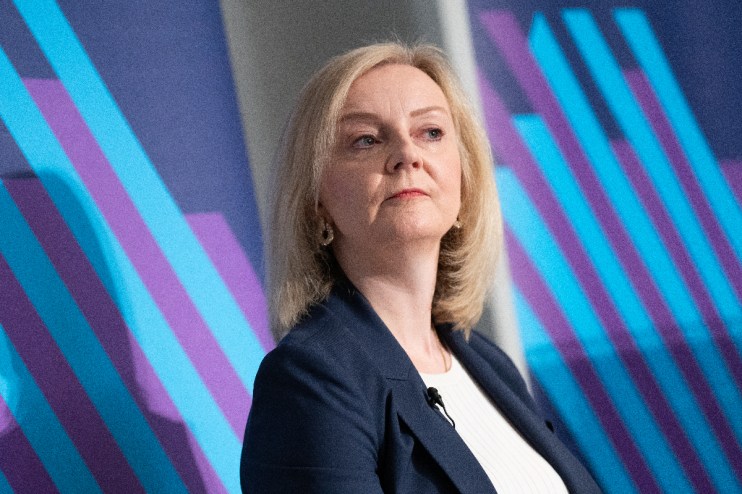Next government will have to increase taxes ‘aggressively’ or ‘do a Liz Truss’

A major investor in gilts has warned UK government debt could be at risk of a sell-off if the next government needs to increase borrowing by more than expected.
In an interview with Bloomberg, Jon Mawby, co-head of absolute and total return credit at Pictet, argued that the UK yield curve will steepen after the election as investors price in higher risk for long term gilts.
Many commentators have said the next government will be in a difficult fiscal position. Still, a lot of investors think Liz Truss’s ill-fated tenure will be enough to persuade the incoming administration to opt for fiscal prudence.
Mawby was not so sure. He thought the next government could “either increase taxes quite aggressively, which is not going to be good for the economy, or issue a load more debt and do a Liz Truss and try and get the Bank of England to monetise it”.
If the government opted for the latter option, the UK debt market could become a target for bond vigilantes. These are traders who sell sovereign bonds if they are concerned about the government’s fiscal policy.
“The UK market is smaller and much more prone to bond vigilante type runs, as we saw with Liz Truss,” Mawby said. “Even with rate cuts you could see instability in the back-end of the yield curve.”
Figures out last week showed that debt as a share of GDP climbed to 99.8 per cent, up 3.7 percentage points on the previous year.
The difficult fiscal inheritance awaiting the next government has been well documented by analysts, even if the parties have been unwilling to face up to the scale of the challenge.
The non-partisan Institute of Fiscal Studies (IFS) issued a scathing indictment of the major manifestos yesterday, saying both major parties had “singularly failed even to acknowledge some of the most important issues and choices to have faced us for a very long time”.
Of 14 top City economists surveyed by City A.M., all said that if elected, Labour would have to raise taxes beyond those already announced. Asked which specific tax Labour would be most likely to raise, 86 per cent of economists said capital gains tax.